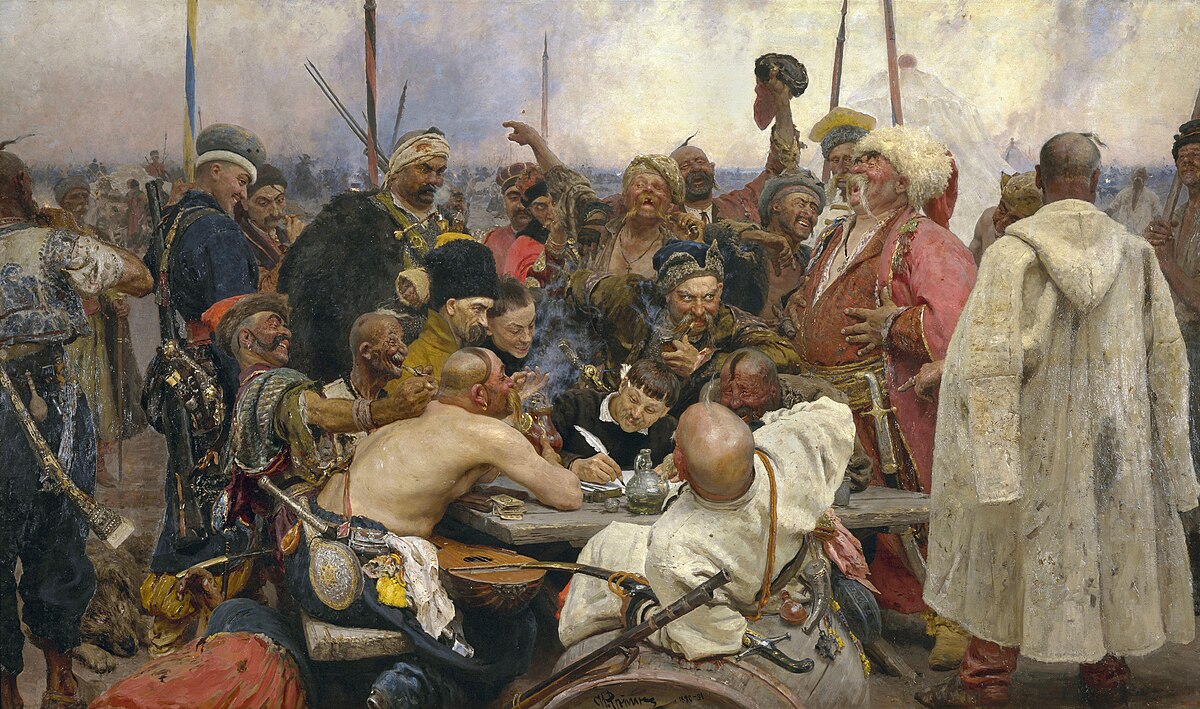AlexG
Banned
Agreed and with regard to Sweden that's on me for not being clear: my point there was that whereas Sweden and possibly even the Kingdom of Naples under Murat could have maintained their regimes, that the interests of the Great powers was too heavily skewed against the Duchy of Warsaw to dare even hope for the same.That’s pretty much sums it up but we also should keep in mind that the Duchy amounted to just a fraction of the “historic” Polish land claimed by the Polish patriots. They wanted a pre-partitions PLC territory including the areas with a considerable non-Polish population (German, Lithuanian, Ukrainian): nobility in, say, Lithuania and Galicia was Polish or Polonized but not necessarily the peasants. In other words, a solution capable of pleasing the Polish nobility was simply unacceptable for the 3 Great Powers.
BTW, if the earlier Polonization was OK, why not the Germanization? Actually, unlike Germanization, Polonization did result in a series of the bloody genocidal wars in the XVII century Ukraine (with the Jews caught in between and suffering losses allegedly up to 50% of their population in the region). Not that any of these trends was good but Germanization of the XIX century surely was much less bloody.
As a side note, Sweden of that period was geographically out of the way but the same can’t be said about its economic importance: it was still a major producer of iron and still, AFAIK, important to Britain. For Russia it was quite important as had been demonstrated in 1812 when alliance with Sweden allowed to redeploy the troops stationed in Finland. Not to mention Bernadotte’s personal contribution in 1813 when his actions pretty much saved Berlin and to a great degree “turned the tide” (enough to say that he got the highest Russian, Prussian and Austrian military awards). OTOH, by 1813 the Poles were nothing but the pain in “everybody’s” butt (they were too eagerly pro-Napoleonic and too brave for their own good) and their switching the sides hardly would be meaningful enough to change the attitudes: in 1813 territory of the Duchy was occupied without any noticeable trouble. The Duchy’s mobilization resources had been stretched to their limit for the campaign of 1812 and I’m not sure that economically destroyed (even before summer of 1812) territory would be able to provide a meaningful military force after the losses of 1812.
